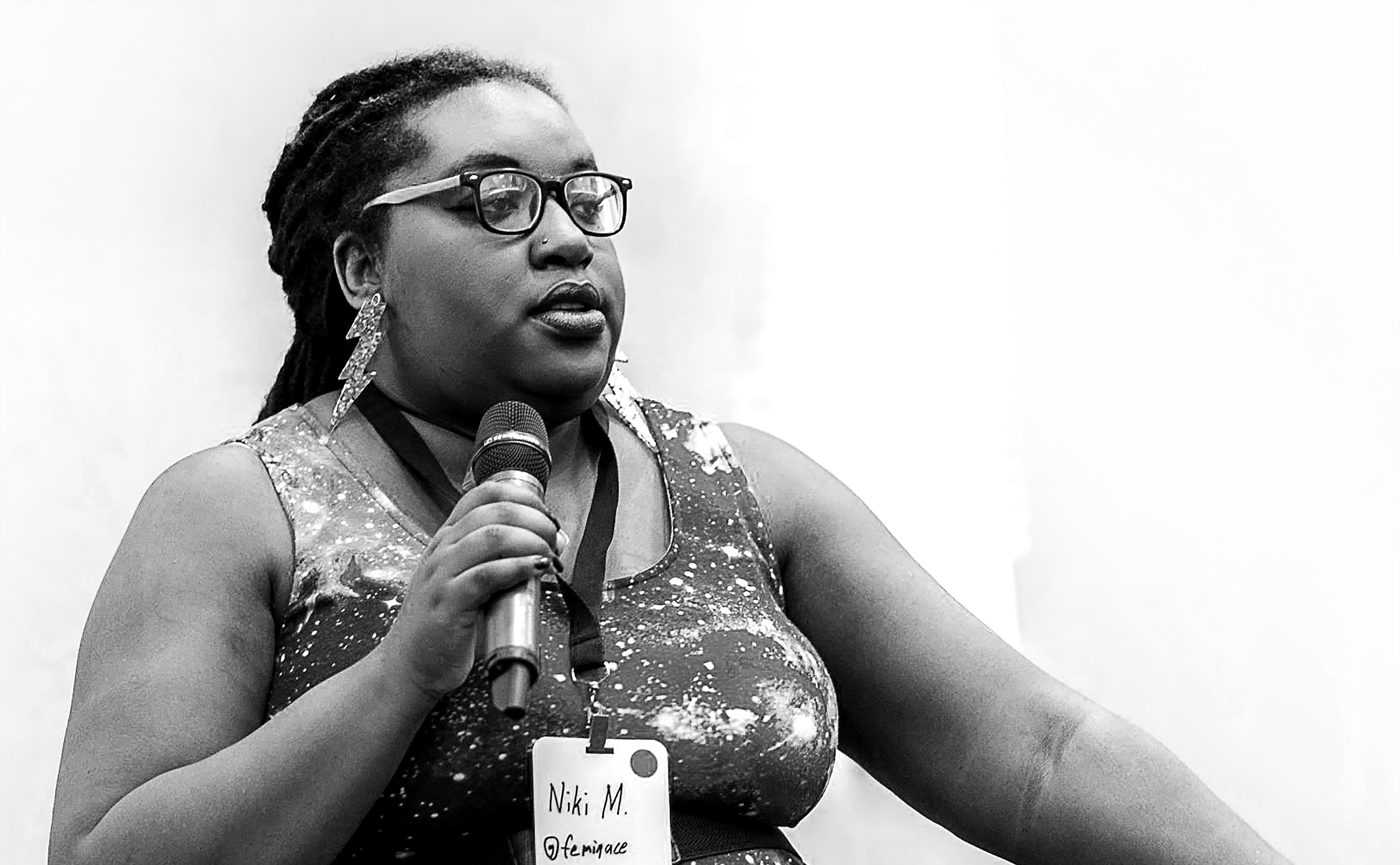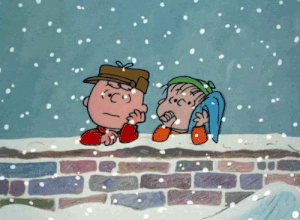There’s been a dialogue between atheist writers over the past week, started by Martin Hughes of the blog barrierbreaker. In a post published last Tuesday, Hughes talks about his evolving feelings on religion, declaring himself not an antitheist any more. ‘Recently I’ve been a lot less harsh on religion and much more focused on social justice issues,’ he reports, going on to describe his mother’s ill health and religious faith.
Several responses and critiques were published in the next few days. One, from Stephanie Zvan, notes that social justice includes helping people leave religion; another, from Kaveh Mousavi of On the Margin of Error, replies directly. In a follow-up post, Hughes talks about dealing with stress by praying to a nonexistent god. Stephanie and Kaveh both replied again, writing that comfort found in faith still doesn’t get religion off the hook.
Since publication last Thursday, my contribution has been doing well. It isn’t a direct response to either of Hughes’ posts, or any author’s in particular, but talks about patterns I see when this subject comes up.
When I read posts in the non-antitheism genre, it often strikes me that most of the wordcount is about other issues. I see other writers assert that the death of religion won’t solve all the world’s problems, and that in a world without it, people who currently hurt others in the name of God would just find other excuses. I hear them say deconverting believers isn’t their priority, and that they no longer feel an urge to pick fights with them. I listen to people say they care more about social justice than bashing religion, and that there are some awful atheists, and that they have more in common with plenty of progressive believers, and that they’d rather work with them. I see them point out that being an atheist doesn’t make them more intelligent than believers are, and that religious people don’t deserve to be hated. None of these statements are to do with whether religion is a good thing.
Near the end, in a passage that’s getting a lot of appreciation, I talk about defences of religion I do hear: that private beliefs people draw comfort from are harmless, that the problem is fundamentalism and not religion at large, that not all believers are the ones we see on the news, that harm caused by religion would still happen without it. Each gets dissected individually, but I close by discussing all these ideas collectively.
When I hear people saying why they’re not antitheists — when I read tweets and Facebook statuses and blog posts and op-eds — these are the statements I’m used to hearing. None of them are useful statements. All of them are either irrelevant or wrong. I don’t think anyone who says these things is being insincere, but it wouldn’t surprise me if they became things atheists said because they’re things believers like to hear, or feel like they might be. They’re delicate, diplomatic, sayable and politically correct. They’re not things I’m interested in saying.
I want to talk more about why I wrote that post, where I’d like the discussion to go next, and some of what I have to add to it.
***
Writing at his blog Across Rivers Wide, Galen Broaddus calls himself agnostic about antitheism. ‘Do I think the world would be better or worse if everyone were an atheist? … Alex says that his answer is quick, and that’s fine. The honest answer for me, though, is simply I don’t know.’
I do understand that other people … think that we have enough information to at least tentatively conclude that the world would be better off without religion. I know at least a good number of the arguments [and] I get that the kinds of counterarguments Alex mentions (like the fact that getting rid of religion wouldn’t be a panacea because, well, duh) don’t give him pause. I just disagree on those evaluations. YMMV.
Here’s the thing—I’m basically fine with that. Being an antitheist isn’t something I care much about. I don’t feel a need to change believers’ minds, and I don’t need friends or colleagues to feel the way I do: given a shot at a world without God, I’d take it, but I get why not everyone would. That’s not an argument I need to have, and it wasn’t the point of Thursday’s post. What I do want to pursue is a metadiscussion.
I don’t object to either of Hughes’ posts, and I share the complex feelings he talks about—they’re just not reasons to adopt his stance. I’m reluctant to single him or anyone else out because I find this typical. When people make a show of not being antitheists, the reasons they provide aren’t usually ones like Galen’s: they’re the bad arguments or beside-the-point platitudes I fisked, and I think our community should have a conversation about where they’re coming from.
When I say I want this whole debate to cut to the chase—that the only question that matters is if a world without religion would be better—it’s not because I’m desperate to tell people it would, but because I want to point out what’s going on. When people are so keen to separate themselves from antitheists that they give transparently bad grounds for doing so, it’s hard for me not to feel that it’s performative. When their posts acknowledge handwavily that they’d prefer a less religious world—as if this is somehow a tangent and not the whole point—I get the sense that there’s something more complex going on. These dynamics point to assumptions about how religion gets discussed, and since those affect all nonbelievers, there are good reasons to examine them whichever side you come down on.
***
Toward the start of Thursday’s post, I talk about being approached by believers—often Christians, but not only—who tell me why they think God is on queer people’s side and want me to say I’m impressed.
I find that conversation hard, mainly because it never feels like it’s meant to be a conversation. I get the sense I’m expected to nod and sympathise, that my role in the discussion is to validate their feelings, not say what I actually think. It’s as if only part of me gets invited to speak: I’m allowed to oppose religious homophobia as a queer person, but not to critique religion in other forms as a queer atheist. I’m not being asked to participate in a dialogue — just to tell [religious people] what they want to hear.
Some of the places I’ve had this problem have been LGBT events about religious faith. These happen often in the queer community, especially at conferences and during outreach weeks, and have become somewhat notorious: I know I’m not the only with this experience both because I’m told so and because when I speak at them, it goes down well. The rest of the time, this is what happens: a handful of speakers, each from a different religion, spend ten minutes telling their life stories and saying why being a queer ‘person of faith’ is perfectly easy; a Q&A session follows where difficult questions are parried or ignored and nonbelievers feel unable to say what they think. There’s a lot of nodding and agreeing, but no one leaves with any sense tensions have been dispelled, because they haven’t been addressed. (If you’re planning one of these—seriously, invite me.)
Too often these events are emotional workhouses: places the audience, and nonbelievers in particular, are asked to make believers feel comfortable, even at the expect of what they want to say. (While some are atheists looking for fights, many have needs that end up being ignored, and queer people whose experiences of religion have been traumatic often feel invisible.) The same thing happens in interfaith work. In the forum I was part of for years, a constant struggle was the way conversations became about mutual affirmation, making it harder to bring up uncomfortable topics. Meetings where believers get told what they want to hear are fine—major religions hold them once a week—but if the point of dialogue is to air tensions and difficult truths, you need to hold it somewhere else.
‘When people say in [blog] posts that they aren’t antitheists,’ I wrote last week, ‘I get the sense what they mean is that they aren’t jerks.’ Here’s my hypothesis: I think that as atheists grow to want good relations with believers, our instincts about what that means can be the same ones that show up in queer and interfaith circles. When I read posts about why people aren’t antitheists, I’m often reminded of those events, and of experiences with religious relatives, when not being a jerk meant always making believers feel comfortable — even with platitudes that weren’t quite true; even when your nuance wasn’t really all that nuanced; even if you had to be indirect. Like I said at the end of the last post — there are better ways to build bridges than dishonest arguments. Atheists need to start talking about how we find them.






